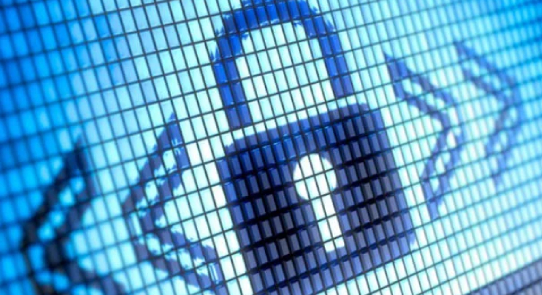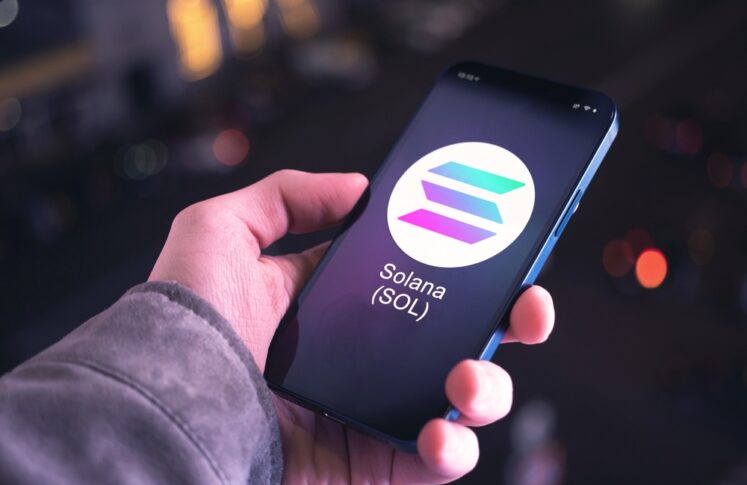The dawn of the internet age revolutionized the way we share, receive, and store information. As the internet became an integral part of our lives, it was quickly followed by the need for online security measures. Just as we protect the physical keys to our homes, securing our digital ‘keys’ became paramount.
These keys—passwords—have long been our first line of defense. Yet, as cyber-attacks grow in sophistication, it’s clear that the era of relying solely on passwords is nearing its end. In this piece, we explore the journey from passwords to advanced security measures like multi-factor authentication and biometric verification.
The Age of Passwords
In the early stages of the internet, a simple password was often enough. Back then, “12345” or “password” might have sufficed for casual users. However, as online platforms proliferated and our digital footprints expanded, the vulnerability of such simplistic security measures became evident.
Cybercriminals equipped with emerging technologies began to crack even the most complex passwords. It wasn’t just about the password’s complexity but also the frequency with which people reused them across multiple platforms. This reuse turned a breach on one platform into a potential vulnerability across many.
Why Unique, Strong Passwords Still Matter
Despite the vulnerabilities, passwords aren’t obsolete. Their role has shifted from being the sole defense mechanism to the first layer of a multi-tiered security system. Creating a unique, strong password involves a combination of letters (both upper and lower case), numbers, and symbols. Using password management tools can further assist users in maintaining different passwords for various accounts, ensuring that a breach in one does not compromise the others.
Enter Multi-factor Authentication (MFA)
Building upon the base of sturdy passwords, multi-factor authentication, or MFA, elevates digital security. Unlike conventional methods that depend on singular evidence of identity, MFA amalgamates several verification processes. These span from the traditional knowledge-based methods like passwords or security answers to possession-based verifications where a user might need a particular device or token.
Further deepening the security, MFA also delves into biometrics, harnessing unique human traits like fingerprints or facial structures. The multifaceted nature of MFA fortifies defenses to such an extent that even if a nefarious entity acquires a password, the fortress remains largely impenetrable.
The Power of Biometrics
Biometric verification is arguably the most personal and unique form of authentication available. Fingerprints, retinal patterns, and voice modulations are almost impossible to replicate, making them incredibly secure.
Today’s smartphones often come equipped with fingerprint sensors or facial recognition capabilities, integrating biometric security seamlessly into our daily lives. Moreover, as biometric technology advances, we’re also seeing the rise of more nuanced identifiers, such as heartbeat rhythms and typing patterns.
Crafting the Unbreakable: The Art of Strong Password Creation
Navigating the labyrinth of cyber security often begins with the simplest yet most foundational step: a strong password. This seemingly simple string of characters forms the first line of defense against potential cyber intrusions. But what constitutes strength in the realm of passwords, and conversely, what earmarks a password as weak?
Strength in Complexity
A formidable password is an amalgamation of unpredictability and complexity. Incorporating a medley of uppercase and lowercase letters, numbers, and symbols elevates its strength. For instance, “Sunshine123” might seem secure, but it’s relatively predictable when compared to “S#4uNin3!2z,” a variant that plays with character types and unpredictability.
Furthermore, longer passwords tend to be more secure. Aim for a password length of at least 12-16 characters. It’s not just about stuffing in more elements, but about creating a more intricate pattern that’s harder to decipher.
The Achilles’ Heel: Predictability
On the other end of the spectrum, weak passwords often fall into the trap of predictability. Simple words, names of loved ones, or easily guessed patterns (like “123456” or “abcdef”) are not just weak; they’re sitting ducks in the world of cyber attacks. Cybercriminals utilize tools like Python dictionaries, which can rapidly guess thousands of the most common passwords, rendering such choices virtually defenseless.
Moreover, using the same password across multiple platforms is a common pitfall. It’s akin to using one key for multiple locks; if someone gets hold of it, everything becomes accessible.
Challenges and Considerations
While MFA and biometrics substantially heightened security, they aren’t without challenges. For MFA, the need to manage multiple devices or receive codes can sometimes inconvenience users. Biometrics, on the other hand, raises privacy concerns. Storing and processing biometric data requires immense responsibility, as it’s data that, unlike passwords, cannot be changed if compromised.
However, the benefits far outweigh the drawbacks. With cyber threats becoming more advanced, the trade-off between a slight inconvenience and the risk of data breach leans heavily towards using enhanced security measures.
Conclusion
The digital realm’s ever-evolving nature demands that our security measures evolve in tandem. While passwords laid the foundation for online security, the future undeniably belongs to multi-factor authentication and biometrics. As users, embracing these advanced security measures not only safeguards our personal and professional data but also fortifies the broader digital community against cyber threats. In today’s digital age, the saying holds truer than ever: better safe than sorry.
The Author



